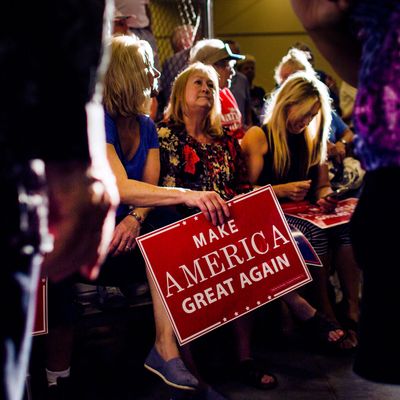
Like most of the weirder, more ornate English words, nostalgia comes from Greek but wasn’t coined by a Greek. That honor goes to the Swiss physician Johannes Hofer, whose 1688 thesis title managed to mash together Continental tongues while making up a sticky neologism: “Dissertatio Medica de Nostalgia oder Heimwehe.” The roots at work are nostos, for “return home,” and algia, for “pain,” like in neuralgia or fibromyalgia. To Hofer, this was “the pain a sick person feels because he is not in his native land, or fears never to see it again.” A pathology, a physical illness, and one particularly suited to the Swiss, since their feared and admired mercenaries were always going off in foreign wars and kicking all sorts of ass.
Today, social scientists have teased apart nostalgia into three varieties. Philosopher-journalist Alan Jay Levinovitz breaks it down at Aeon: personal, or recalling the better times that you had; historical, or broader generalizations of the deep past; and collective nostalgia, which, Levinovitz notes, “refers to a longing for past times that evoke feelings of group membership, and it can characterise both personal and historical nostalgia.”
You can probably see where this is going. Personal nostalgia is wholesome, and in times of great hardship, can be a resource: It helped Holocaust survivors “maintain or restore a sense of self-identity” in the face of genocide, and teenagers, Levinovitz writes, use memories of childhood to help them get through the trials of adolescence. Then there’s collective nostalgia, “golden-age thinking,” the hope that if you could just get rid of the people and things that have invaded and made the present so precarious, then we could go back to the glory days. One particularly discomfiting slice of collective nostalgia is nationalist nostalgia. A 2014 Dutch study found that the more someone longed for the glory days of the Dutch empire, the more opposed they were to the rights of Muslim immigrants. (“The predicted reason for this was because national nostalgia encourages the belief in autochthony — the belief in entitlements of the first inhabitants (‘owners’) of a country — which has been shown to predict prejudice towards immigrants,” the authors wrote.) Another study that year looked at Irish identity, and found that when people were primed to think about what happens to “fellow Irish-people” they were more likely to give more money to punish those that had transgressed against the Irish. A follow-up to the Dutch study found that national nostalgia predicts wanting to protect national identity by way of “a stronger sense of ethnic national identity.” Relatedly, collective memory is a primary contributor to gang violence. One man’s nostalgia is another’s grudge.
Thus the rise of Marine le Pen, who wants to Make France Great Again, and Donald Trump, who despite a campaign shakeup or two, promises to make America Great and Safe Again. “You see this nostalgic discourse in Western Europe, or with the rise of Donald Trump,” said Anouk Smeekes, the University of Utrecht assistant professor who did the Dutch nationalism studies. “They say: ‘There were glory days in our national past, when everyone was safe, and then all the changes came, one of which is immigration, and if you vote for me I will return us to the glorious past and give back the country to its original people.’” The alternative to collective nostalgia is recognizing that while things are messy today, they’ve always been so, and largely, trends are robustly hopeful. There was way less terrorism in Western Europe in 2014 than there was between 1972 to 1992. The American crime rate is about half of its peak in 1991. Rates of major diseases are falling in wealthy countries. Life expectancy is surging in the developing world. While the rhetoric speaks of doom, the data reveals progress.




